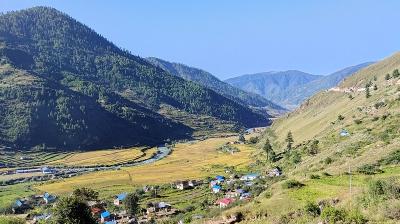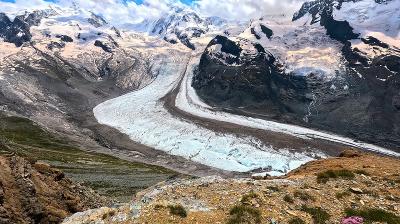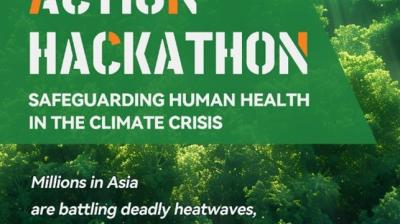Blending Climate Science and Indigenous and Local Knowledge
A new WMO Task Team on Indigenous and Local Knowledge met in Geneva from 7 to 9 June to discuss participatory approaches and case studies that showcase how communities are evolving and coping with increased climate variability and extremes. The workshop addressed the upholding of Indigenous rights, referring to the UN Declaration of Indigenous Peoples. It looked at how inclusion of Indigenous peoples and local knowledge brings a unique perspective in the co-design and co-production of climate services.

The new Task Team was formed by the WMO World Weather Research Programme and the WMO Services Department with support from the United Nations Food and Agriculture Organization (FAO) and the United Nations Educational, Scientific and Cultural Organization (UNESCO). Both the FAO and the UNESCO collaborated with WMO on the workshop, which featured case studies that use indigenous and local knowledge in agriculture in Latin America, in forestry in Southeast Asia, in fisheries and hunting in the Arctic, and in livestock management in Eastern Africa.

The case studies demonstrated the benefits of using indigenous and local knowledge to enhance uptake, use and ownership of information by smallholder farmers as well as to better target their needs. During the workshop, the Task Team defined a clear roadmap to produce a position paper to highlight the need to strengthen climate resilience by blending climate science and Indigenous and local knowledge. This will enhance information uptake and contribute to preserving cultural heritage and ensuring food security. A project proposal for co-design and co-production of climate services with Indigenous peoples and local knowledge will also be produced based on participatory approaches and cases presented at the workshop and the feedback of participants.
The Task Team’s work will contribute to upholding and including the voices of indigenous, and local communities in decision-making. The roadmap and project proposal will acknowledge the important contribution if indigenous, and local communities to effective locally-led meteorological services that enhance community-based monitoring and strengthen local languages, knowledge and cultural practices.











